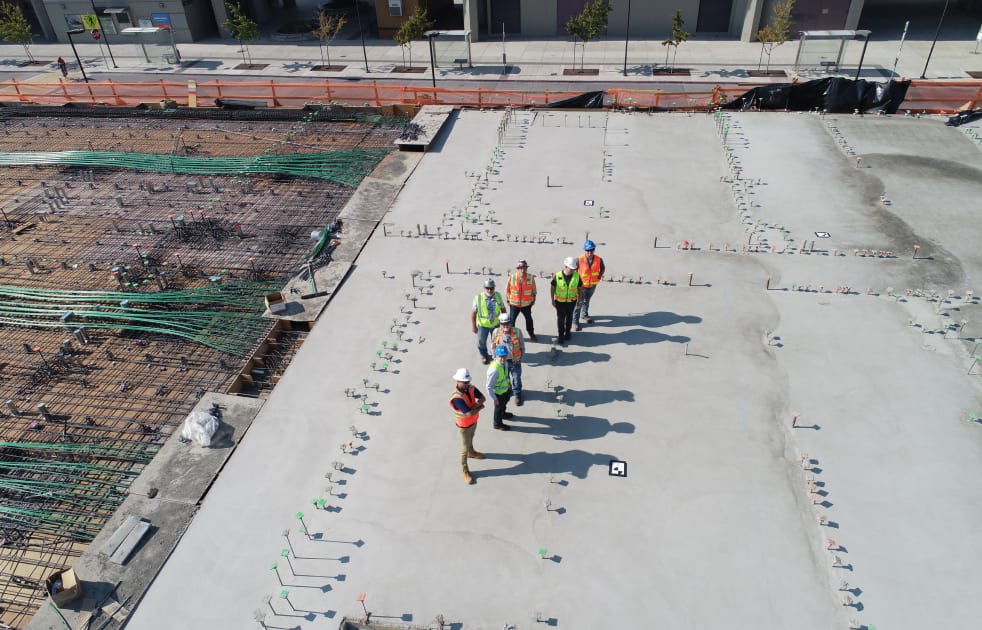
The place where mistreatment comes to die
we're fighting distress
Quality of Life CheckReport MistreatmentPrevent MistreatmentMonitor Mistreatment© 2025 Seniors In Distress. All rights reserved.

As seniors move between different levels of care—whether from a hospital to rehab, home to assisted living, or another transition—the process can be confusing, stressful, and risky. Without proper support, seniors may experience gaps in care, improper discharges, financial burdens, and even mistreatment. Seniors In Distress works to ensure that transitions are handled safely, with dignity, and with the best interests of the senior in mind.
When transitions are poorly managed, seniors are at risk of serious consequences, including:

Seniors and their families often do not realize the dangers of poor transition care until it’s too late. By taking action early, we can:
Transition care costs vary based on the type of care needed and the duration of services. Estimated costs include:

At Seniors In Distress, we understand how overwhelming transition care can be—physically, emotionally, and financially. Our advocacy ensures that seniors receive the right care, at the right time, without being overlooked or mistreated. We help by:
Whether you are planning ahead or dealing with an urgent transition, we can guide the process and ensure you, a loved one or someone you know receives the care and protection they deserve. The transition between care settings can be confusing and overwhelming, but we are here to help navigate each step of the process.
Our team at Seniors In Distress provides personalized support to make sure that seniors are safely moved from one care setting to another, whether it is from the hospital to rehab or home to nursing home. We ensure that the necessary precautions are taken, and that any challenges are addressed promptly to prevent mistakes or gaps in care.
Contact us today to learn more about how we can assist with transition care and explore our affordable membership plans. Together, we can make sure every senior's transition is as smooth and safe as possible.